Bruising is a common occurrence that happens when blood vessels under the skin break, resulting in discoloration and swelling. While most bruises are harmless and will heal on their own, they can be unsightly and uncomfortable. Bruising can be caused by a variety of factors, including injury, medication, and underlying medical conditions. Luckily there are many herbal remedies for bruising that can speed healing.
Disclaimer: This article is provided for informational purposes only and should not replace professional medical advice. Please consult with a qualified healthcare practitioner or herbalist before using any herbal remedies.
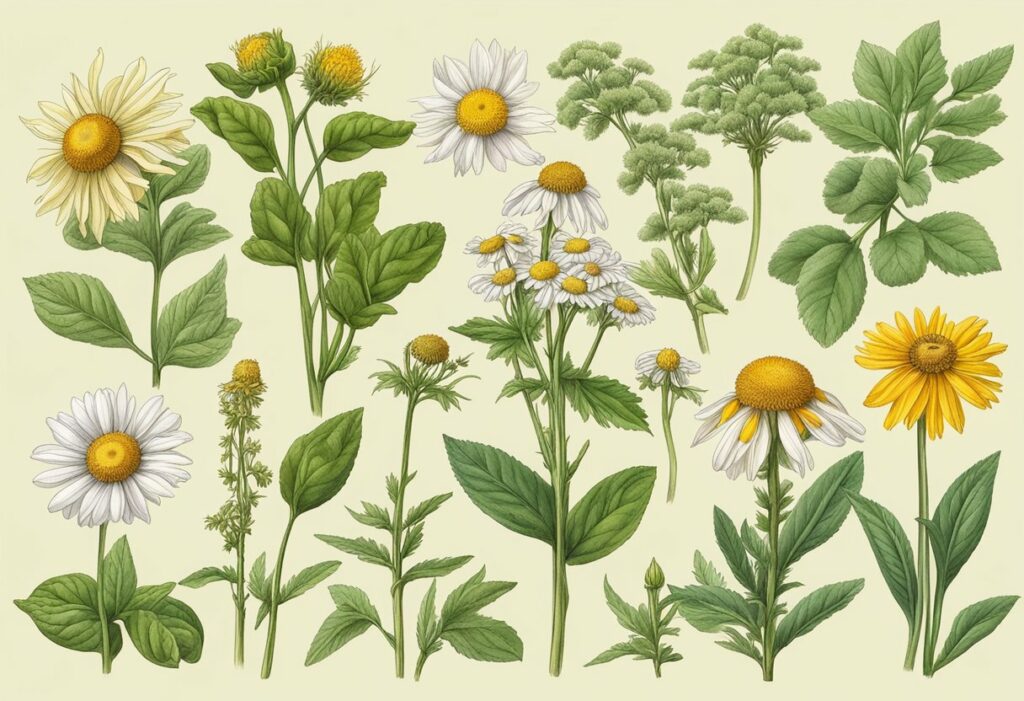
Herbal remedies have long been used to treat a variety of ailments, including bruises. Some herbs are believed to have anti-inflammatory properties that can help reduce swelling and discoloration. Others are thought to improve circulation, which can aid in healing. Some of the most commonly used herbs for bruising include arnica, comfrey, and witch hazel.
Key Takeaways
- Bruising is a common occurrence that can be caused by a variety of factors.
- Herbal remedies have been used for centuries to treat bruises.
- Some of the most commonly used herbs for bruising include arnica, comfrey, and witch hazel.
Understanding Bruising
Bruising is a common occurrence that happens when small blood vessels close to the skin’s surface break and leak blood into the surrounding tissues. The resulting discoloration is known as a bruise. Bruises can form anywhere on the body, but they are most common in areas that are frequently bumped or subjected to trauma, such as the arms, legs, and torso.
The severity of a bruise depends on a variety of factors, including the amount of blood that leaks from the damaged blood vessels, the size of the bruised area, and the amount of blood flow to the area. Some bruises may be small and barely noticeable, while others can be large and painful.
Bruises can take on different forms, depending on the type of injury that caused them. For example, a contusion is a type of bruise that occurs when the skin and underlying tissues are crushed, while a hematoma is a more severe type of bruise that involves a larger amount of blood pooling in the affected area.
The first place that a bruise forms is often on the capillary walls, which are the smallest blood vessels in the body. When these walls are damaged, blood leaks out and accumulates in the surrounding tissues, causing the characteristic discoloration of a bruise.
Understanding the underlying causes of bruising is important in developing strategies for reducing the problem. Herbal remedies can be used to mitigate bruising in aesthetic medicine. Some herbs can help to reduce inflammation and improve blood flow, which can help to prevent bruising from occurring in the first place.

Causes of Easy Bruising
Easy bruising, also known as purpura, can be caused by a variety of factors including medical conditions, use of certain medications, alcohol abuse, liver disease, older age, and vitamin C deficiency.
Medical conditions that can cause easy bruising include platelet disorders and Von Willebrand disease. Platelet disorders can occur due to a decrease in the number of platelets in the blood or due to a defect in the platelets themselves. Von Willebrand disease is a genetic disorder that affects the blood’s ability to clot.
The use of certain medications such as blood thinners, corticosteroids, and nonsteroidal anti-inflammatory drugs (NSAIDs) can lead to easy bruising by thinning the blood or causing the skin to become thinner and more fragile.
Alcohol abuse can also cause easy bruising by damaging the liver and reducing its ability to produce clotting factors. Liver disease itself can also lead to easy bruising due to decreased production of clotting factors.
Older adults are more prone to easy bruising due to the natural aging process which causes the skin to become thinner and less elastic. Additionally, vitamin C deficiency can cause easy bruising as it plays a crucial role in collagen synthesis, which is necessary for healthy skin and blood vessels.
Overall, it is important to identify the underlying cause of easy bruising in order to properly treat and manage the condition.
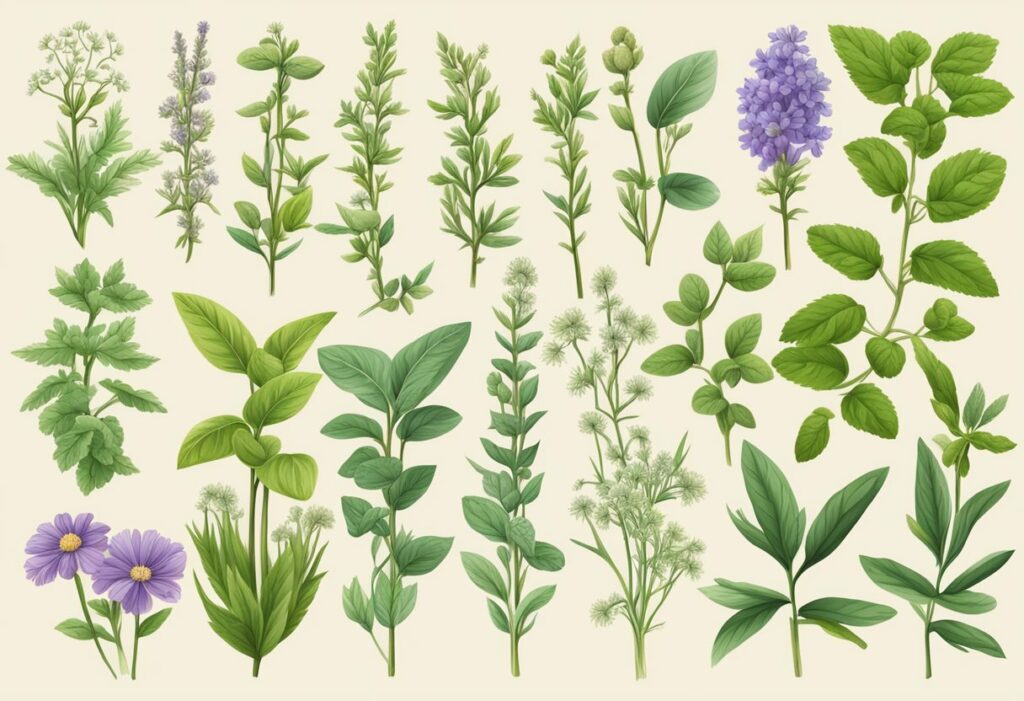
Herbal Remedies for Bruising
Bruising is a common condition that results from an injury or trauma to the skin. It occurs when blood vessels beneath the skin are damaged, leading to the accumulation of blood in the surrounding tissue. While bruises usually heal on their own within a few weeks, they can be unsightly and painful. Fortunately, there are several herbal remedies for bruising that can help reduce the appearance and discomfort.
Arnica Flowers
Arnica flowers are a popular natural remedy for bruises. These flowers contain compounds that have anti-inflammatory properties, which can help reduce swelling and pain associated with bruises. Arnica can be applied topically in the form of a gel or cream, or taken orally in the form of a tincture or tablet. However, it is important to note that arnica should not be applied to broken skin or taken internally without the guidance of a healthcare professional.
Witch Hazel
Witch hazel is another herbal remedy that can help reduce the appearance of bruises. This plant contains tannins, which have astringent properties that can help constrict blood vessels and reduce swelling. Witch hazel can be applied topically in the form of a cream or ointment, or used as a compress.
Symphytum Officinale
Symphytum officinale, also known as comfrey, is a herb that has been traditionally used to treat bruises and other injuries. This herb contains allantoin, a compound that has anti-inflammatory and cell-regenerating properties. Symphytum officinale can be applied topically in the form of a cream or ointment, or taken orally in the form of a tincture or tea.
Homeopathic Remedies
Homeopathic remedies are another option for treating bruises. These remedies contain highly diluted substances that are believed to stimulate the body’s natural healing processes. Some common homeopathic remedies for bruises include Arnica montana, Bellis perennis, and Hypericum perforatum.
Home Herbal Remedies for Bruising
In addition to herbal and homeopathic remedies, there are several home remedies that can help reduce the appearance and discomfort of bruises. Applying a cold compress to the affected area can help reduce swelling and pain. Elevating the affected limb can also help reduce swelling. Finally, getting plenty of rest and staying hydrated can help the body heal more quickly.
In conclusion, there are several herbal remedies that can help reduce the appearance and discomfort of bruises. Arnica flowers, witch hazel, Symphytum officinale, homeopathic remedies, and home remedies are all effective options for treating bruises. However, it is important to consult with a healthcare professional before using any herbal or homeopathic remedies, especially if you are pregnant, breastfeeding, or taking medication.
Diet and Bruising
A healthy diet can help reduce the frequency and severity of bruising. The body needs a variety of nutrients to form blood vessels and maintain their strength. Here are some dietary recommendations that can help:
- Citrus fruits: Citrus fruits, such as oranges and grapefruits, are high in vitamin C. This vitamin is essential for the formation of collagen, which is a protein that helps form blood vessels and maintain their strength.
- Green leafy vegetables: Green leafy vegetables, such as spinach and kale, are high in vitamin K. This vitamin plays a key role in blood clotting, which can help reduce the severity of bruises.
- Grass-fed beef: Grass-fed beef is a good source of zinc, which is important for the formation of collagen and the maintenance of blood vessels.
- Lean protein: Lean protein, such as chicken and fish, is important for the formation of collagen and the maintenance of blood vessels.
- Trans fats: Trans fats, which are found in many processed foods, can increase inflammation in the body and make bruising worse. It is best to avoid these types of fats.
- Intake of zinc: Zinc is important for the formation of collagen and the maintenance of blood vessels. Foods high in zinc include oysters, beef, and pumpkin seeds.
By incorporating these foods into their diet, individuals can help reduce the frequency and severity of bruising. It is important to note that while a healthy diet can help, it is not a substitute for medical treatment if bruising becomes severe or frequent.
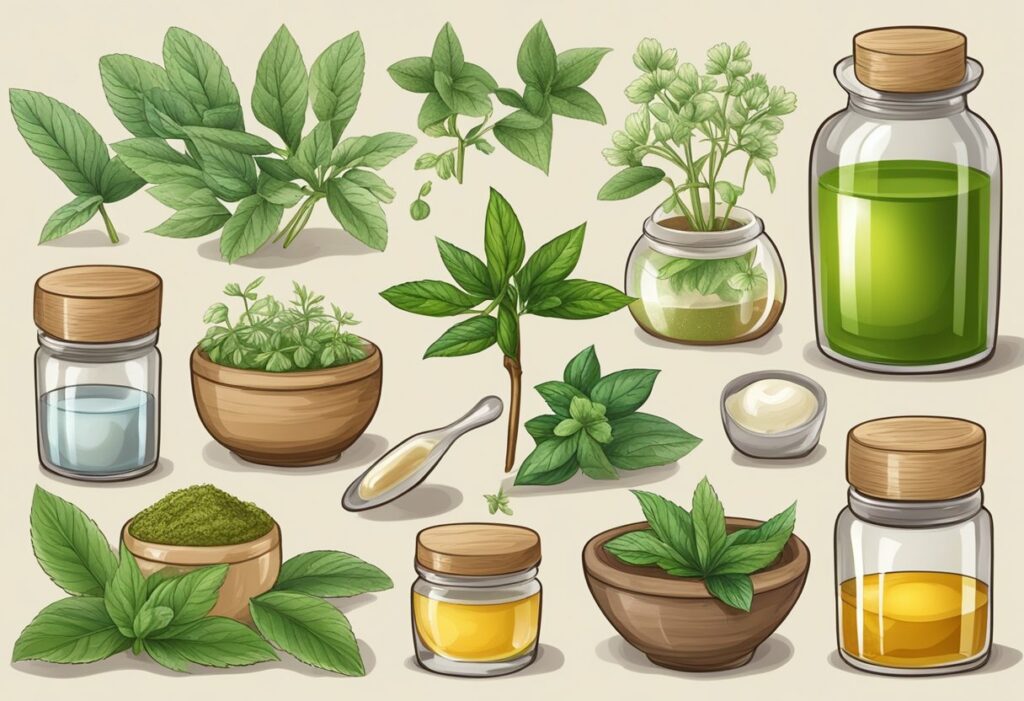
Topical Applications
Topical applications are a popular way to use herbal remedies for bruising. They involve applying a substance directly to the skin over the affected area.
Here are some commonly used topical applications for bruising:
- Ice pack: Applying an ice pack to the affected area can help reduce swelling and pain. Wrap the ice pack in a towel before applying it to the skin to avoid frostbite.
- Warm compress: A warm compress can help increase blood flow to the affected area, which can speed up the healing process. Soak a clean cloth in warm water and apply it to the bruise for 10-20 minutes at a time.
- Arnica Montana: Arnica Montana is a popular herb used to treat bruises. Topical arnica ointment can be applied directly to the sore spot to help reduce swelling and pain.
- Olive oil: Olive oil is a natural anti-inflammatory agent that can help reduce swelling and pain. Apply a small amount of olive oil to the affected area and massage gently.
- Essential oils: Drops of essential oils, such as lavender or chamomile, can be added to a carrier oil, such as coconut or almond oil, and applied directly to the skin. These oils have anti-inflammatory and analgesic properties that can help reduce swelling and pain.
- Topical vitamin K: Vitamin K is essential for blood clotting and can help reduce bruising. Rub vitamin K cream or gel directly onto the affected area to help speed up the healing process.
- Aloe vera gel: Aloe vera gel is a natural anti-inflammatory agent that can help reduce swelling and pain. Apply a small amount of aloe vera gel to the affected area and massage gently.

Precautions and Warnings
Herbal remedies for bruising are generally safe to use, but it is important to take certain precautions and be aware of potential side effects. Here are some precautions and warnings to keep in mind when using herbal remedies for bruising:
Skin Irritation
Some individuals may experience skin irritation when using herbal remedies for bruising. If you experience any redness, itching, or other signs of skin irritation, discontinue use immediately.
Severe Pain
If you experience severe pain after using an herbal remedy for bruising, seek medical advice. This could be a sign of a more serious injury or condition that requires medical care.
Black Eye
If you have a black eye, do not use any herbal remedies without first consulting a healthcare professional. A black eye can be a sign of a more serious injury that requires medical attention.
Medical Advice
If you are pregnant, breastfeeding, or have any underlying medical conditions, it is important to consult with a healthcare professional before using any herbal remedies for bruising.
Medical Care
If your bruising is severe or does not improve after a few days, seek medical care. This could be a sign of a more serious injury or condition that requires medical attention.
Open Wound
Do not use any herbal remedies on an open wound. This can increase the risk of infection and delay the healing process.
External Use
Most herbal remedies for bruising are meant for external use only. Do not ingest any herbal remedies unless directed to do so by a healthcare professional.
By following these precautions and warnings, you can safely use herbal remedies for bruising and promote healing without any adverse effects.
Conclusion

Bruising is a common injury that affects many people. While they typically heal on their own, using herbal remedies for bruising can speed up the healing process and reduce the appearance of skin discoloration.
Herbal remedies with anti-inflammatory properties can help reduce swelling and pain in the affected area. Some herbs, such as arnica and witch hazel, have astringent properties that can help constrict tiny blood vessels under the surface of the skin, reducing the appearance of bruises.
In addition to using herbal remedies, there are simple things that can be done to help reduce the severity of a bruise. Applying ice therapy to the injured area can help reduce swelling and pain, while an elastic bandage can help support the soft tissue and reduce the risk of further injury.
For more serious problems, nonsteroidal anti-inflammatory drugs (NSAIDs) can be used to help reduce pain and inflammation. However, it is important to note that NSAIDs can have negative side effects and should only be used under the guidance of a healthcare professional.
Homeopathic remedies, such as a mixture of enzymes or bromelain supplements, can also be effective in reducing bruising and promoting healing. However, more research is needed to fully understand the chemical reactions that occur when using these remedies.
Overall, while herbal remedies can be effective in reducing the appearance of bruises and promoting healing, it is important to consult with a healthcare professional before using any new treatments. Additionally, it is important to note that some remedies may only work as a placebo and may not provide any real benefit.

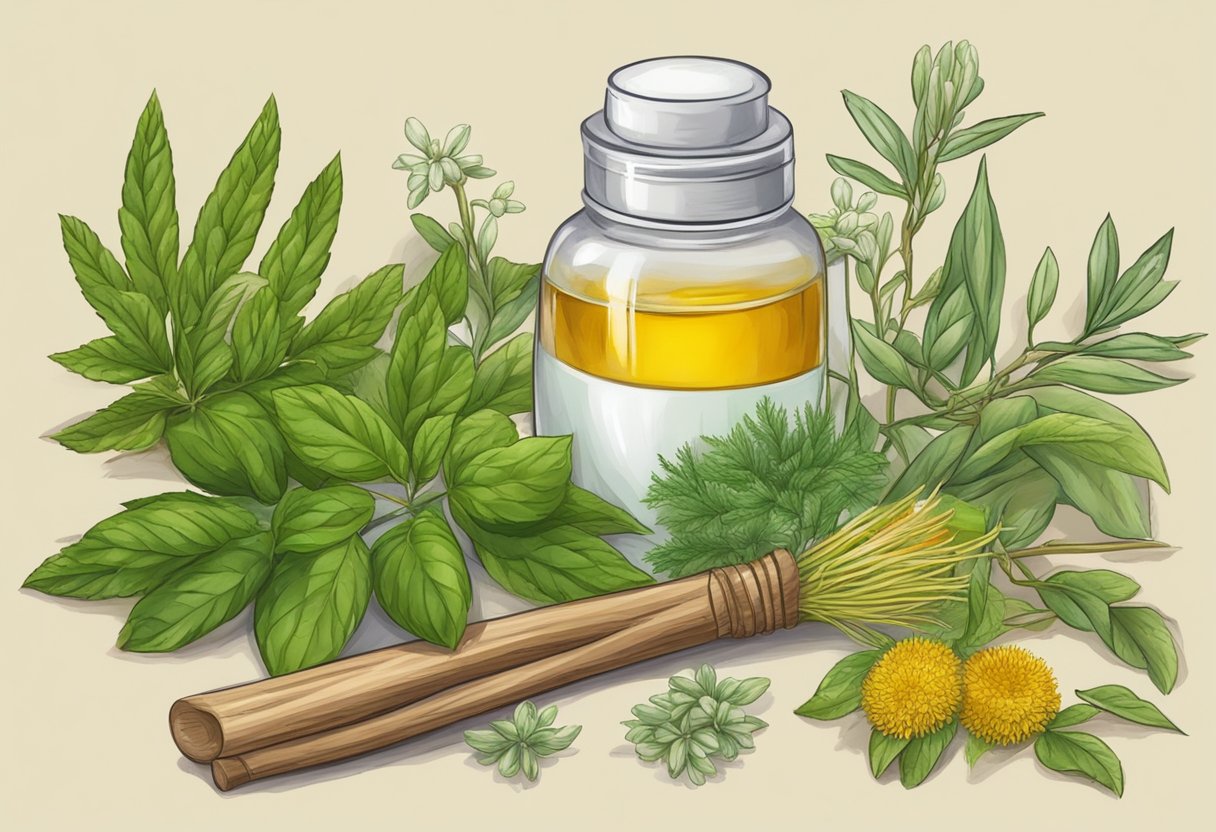

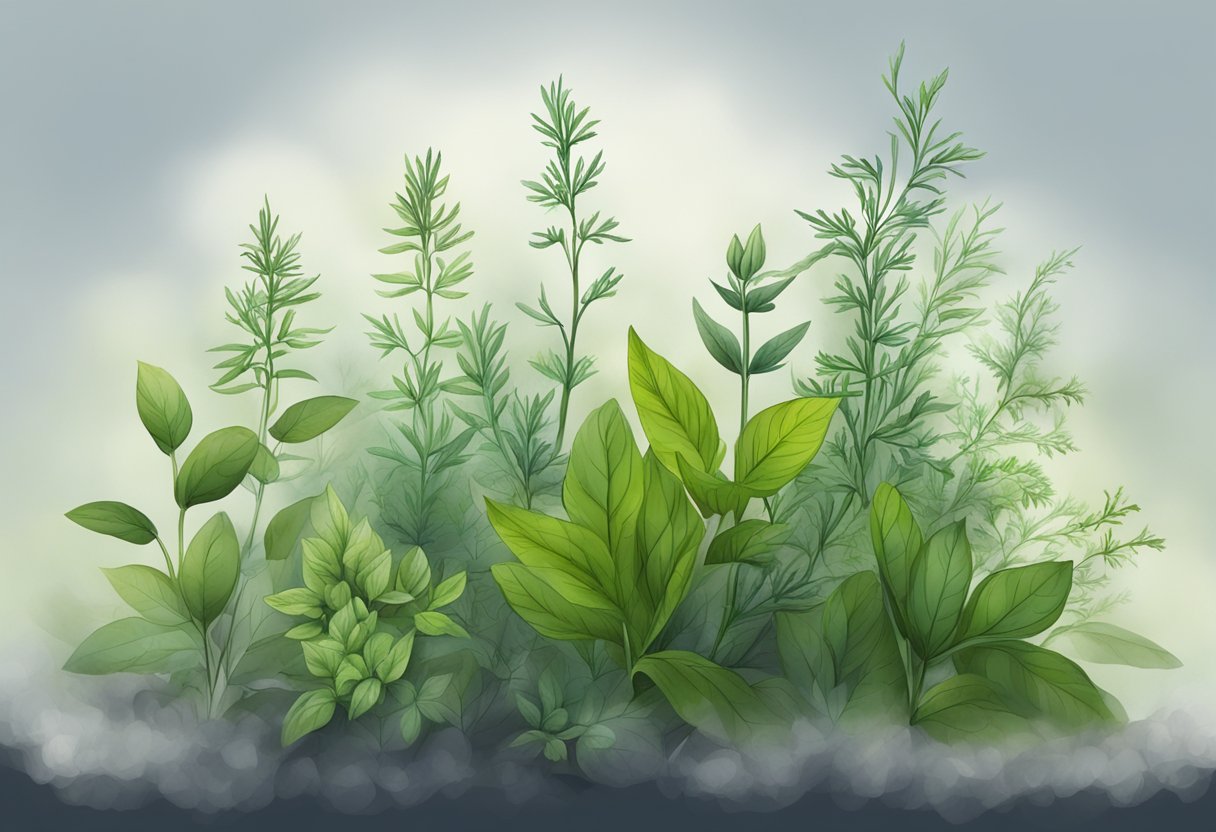

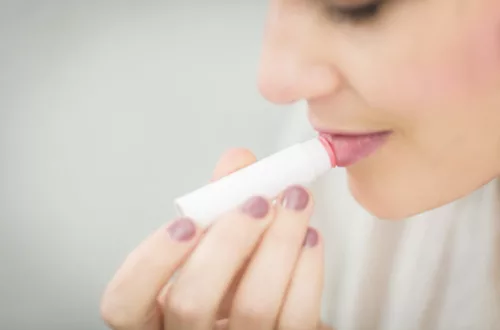
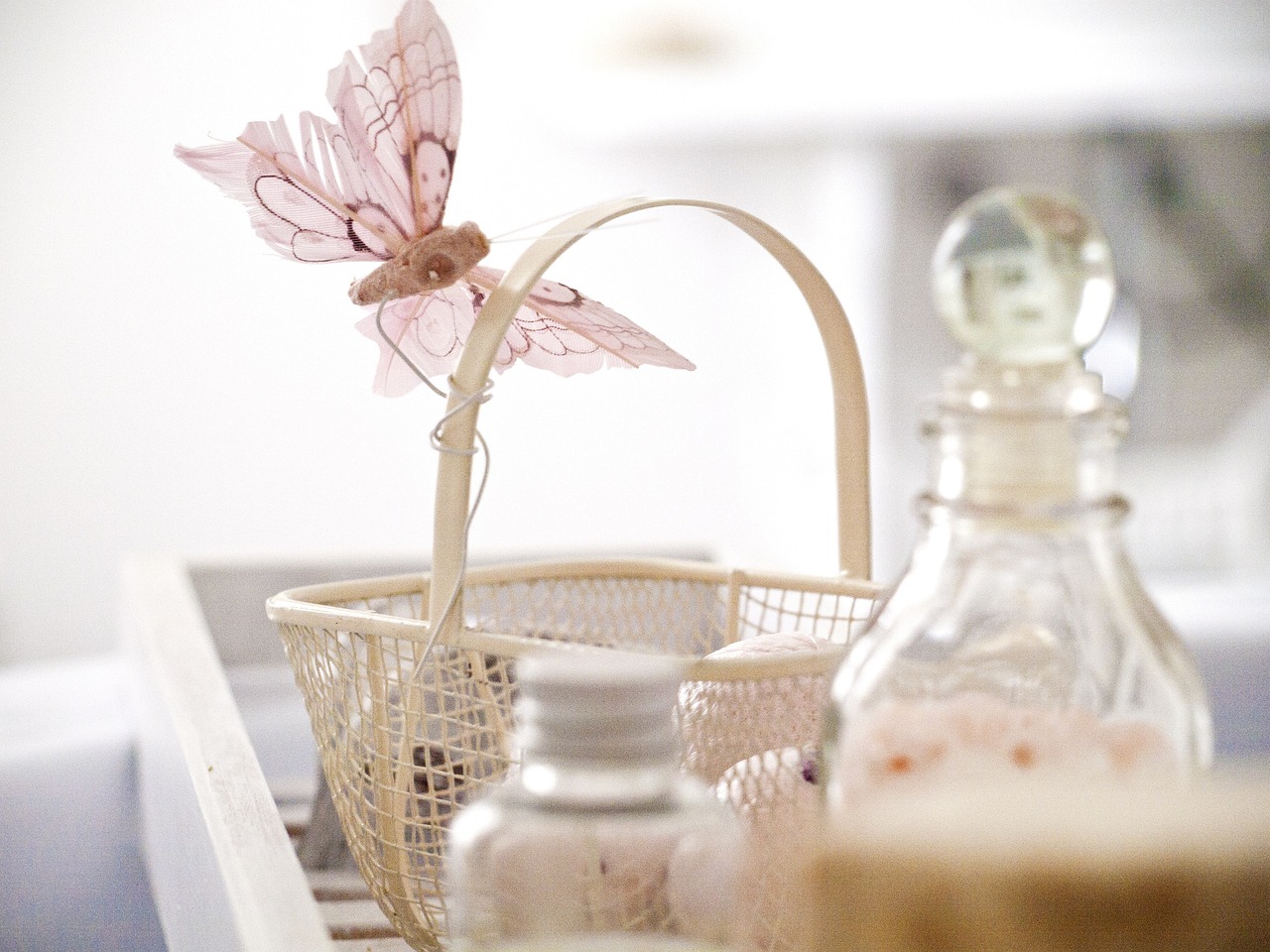
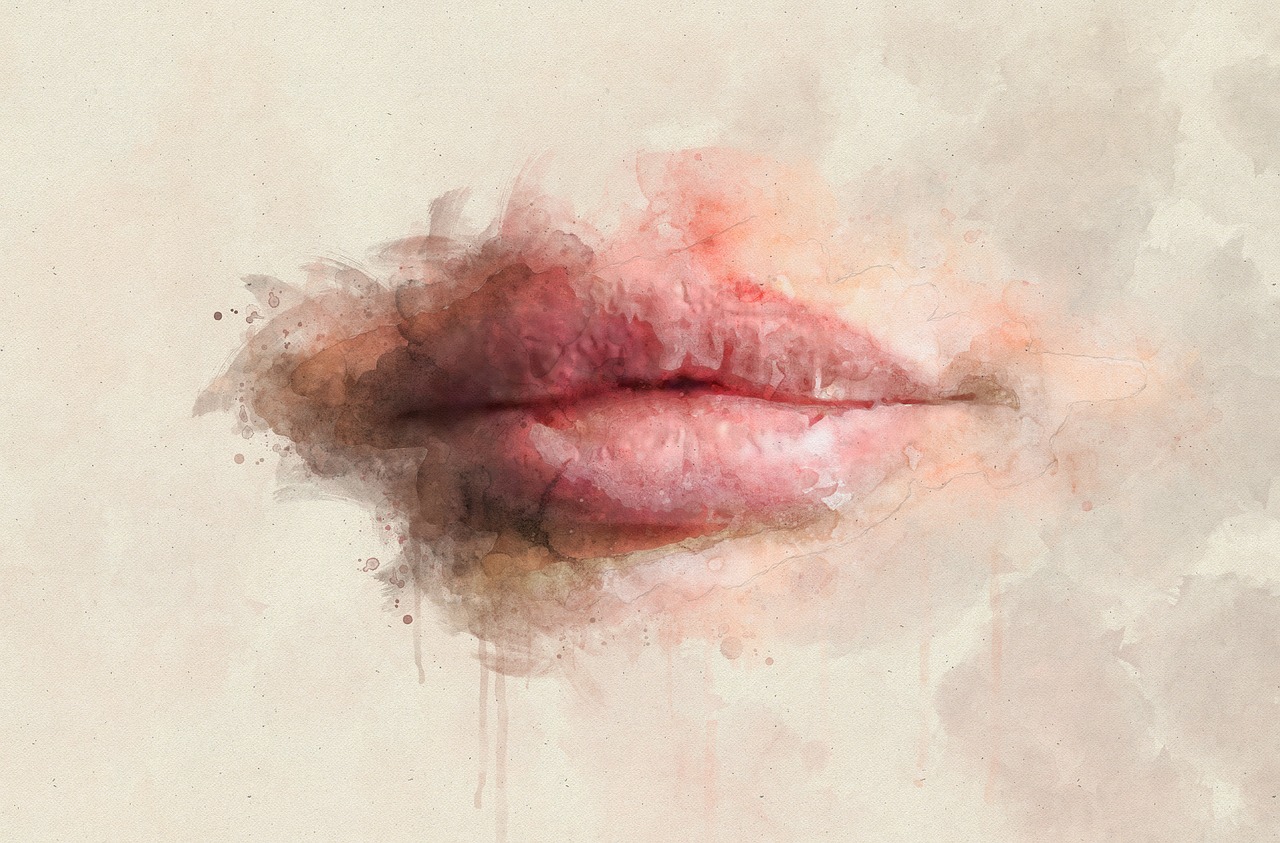
8 Comments on “Herbal Remedies for Bruising: Natural Ways to Speed up Healing”